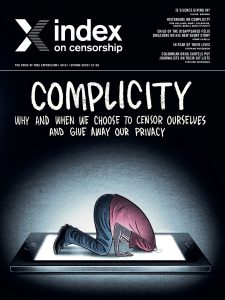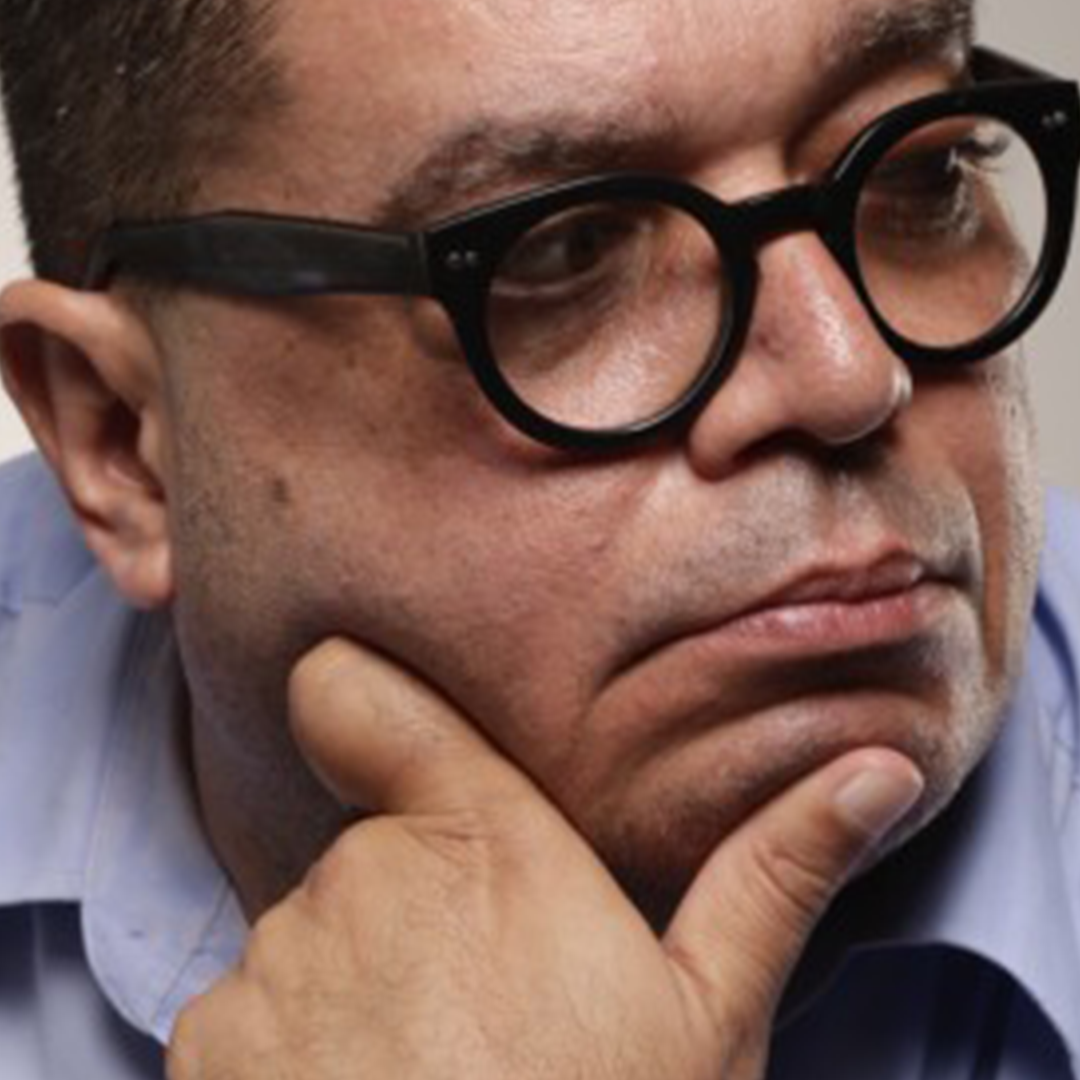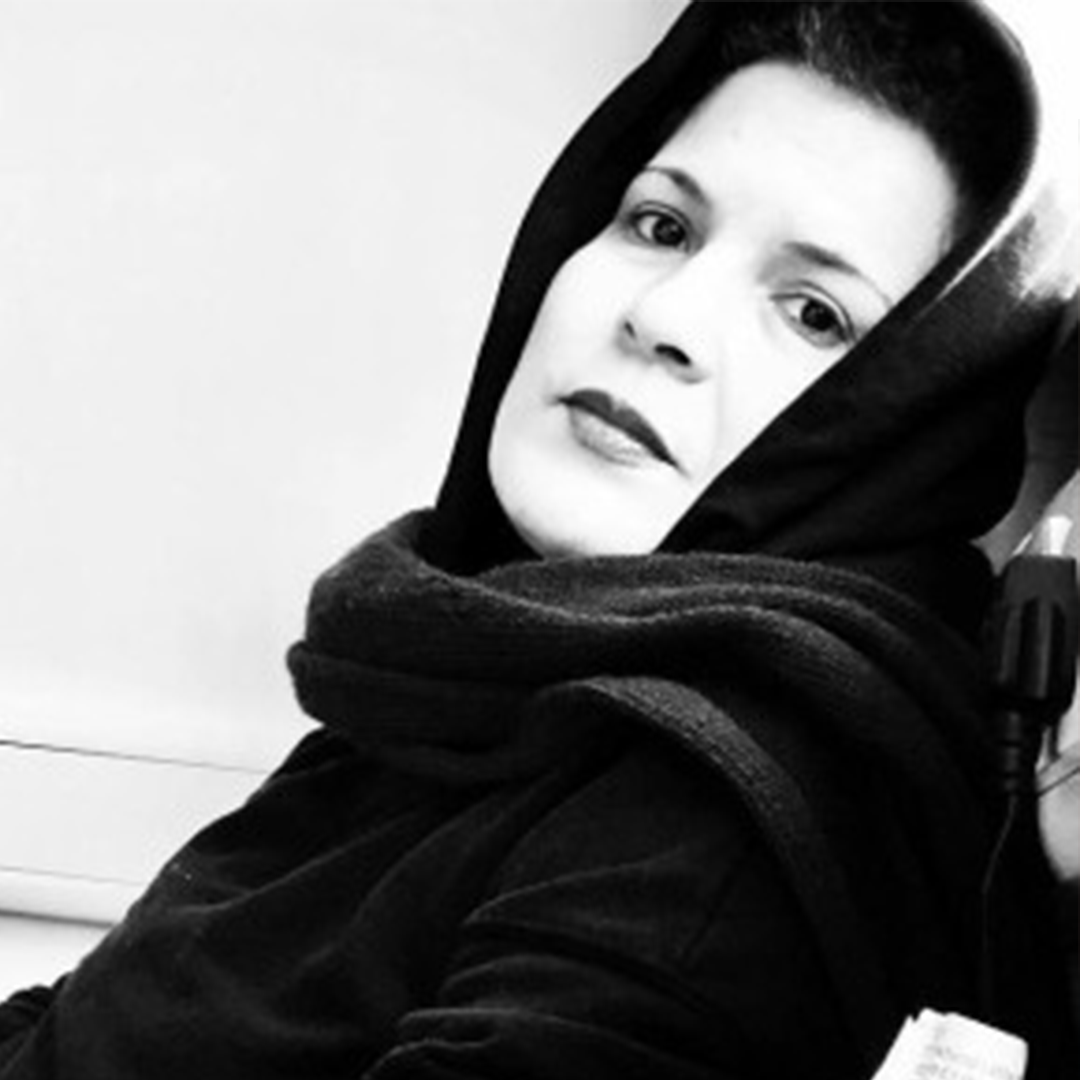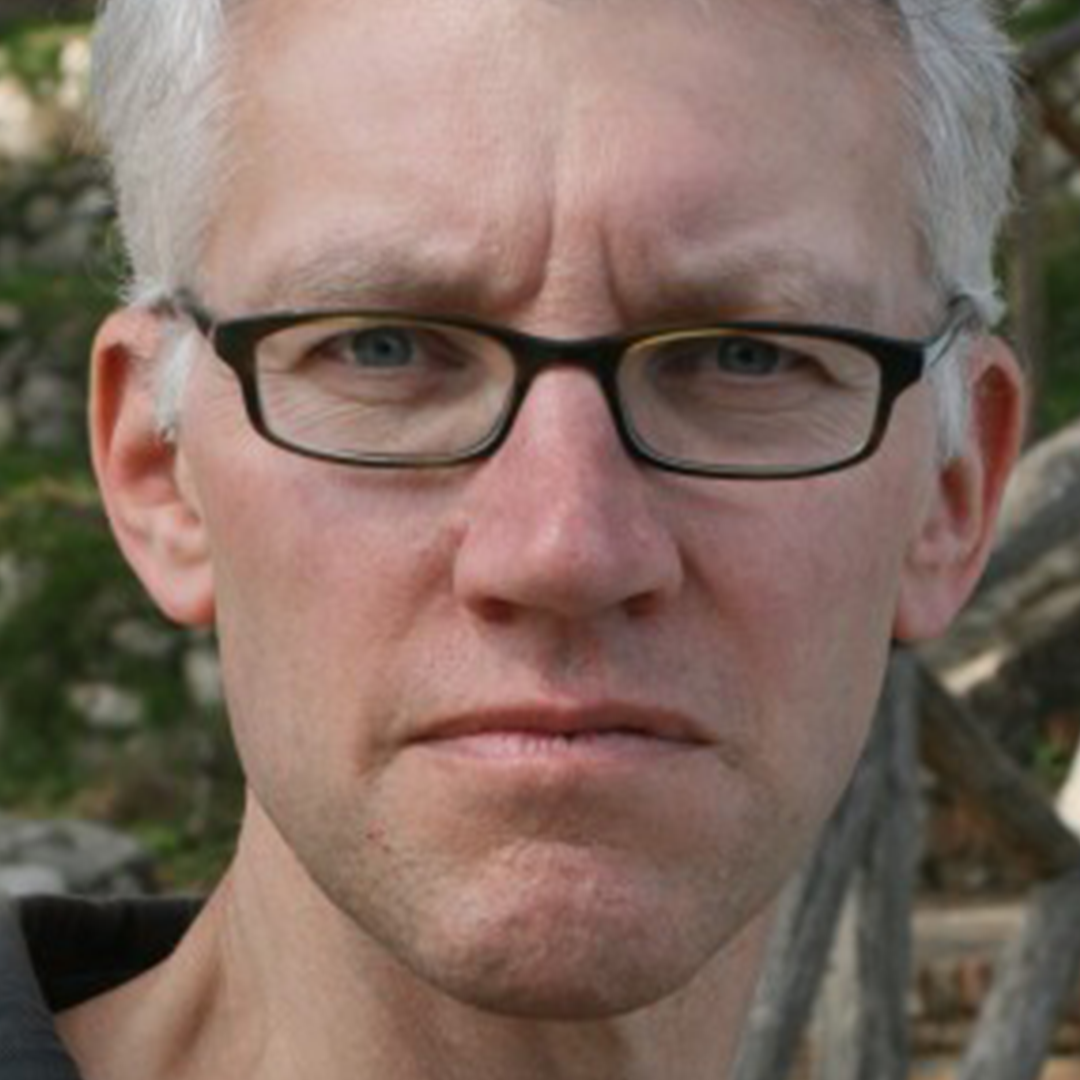6 Apr 2020 | News, Volume 49.01 Spring 2020 Extras
[vc_row][vc_column][vc_custom_heading text=”Misinformation is everywhere and I don’t know who to trust, writes a Chinese writer, based in Nanjing” google_fonts=”font_family:Libre%20Baskerville%3Aregular%2Citalic%2C700|font_style:400%20italic%3A400%3Aitalic”][vc_single_image image=”113000″ img_size=”full” add_caption=”yes”][vc_column_text]
Wuhan doctor Li Wenliang told several of his friends in Chinese social media app WeChat to be careful because some patients had caught a SARS-like disease in his hospital. Within hours of this message being sent it had gone viral – without his name being removed. Li was then accused of rumour mongering. He was called to a local police station and reprimanded. But, not jailed, he returned to work, only to contract coronavirus himself. He died on 7 February.
In the wake of the outbreak of coronavirus, the internet police in China first tried to block information about the disease to maintain society order. This was what Li fell victim to. Then, as the situation became out of control, the main target of censorship moved to suppressing negative coverage, as China tried to position itself as a model country in the fight against coronavirus. There was no bad news, even though there was clearly bad news. Did people believe this positive coverage? It’s hard to tell. Looking at related topics on Sina Weibo, China’s version of Twitter, most comments have been complimentary. After the lockdown of Wuhan, the local medical system was overburdened. People who couldn’t get treatment asked for help on the internet, but the number of such messages fell from being in the thousands each day initially to hardly any later. Pictures of chaotic scenes in hospitals were removed.
The coronavirus is now storming throughout the world at an increasing speed and scale. It has greatly impeded global activities, as if a pause button on life has been pressed.
As the disease has spread around China, something else has been on the move – the intensification of censorship. While censorship existed before coronavirus, it has rapidly increased since then. And I fear this increase in censorship will not stop soon, even if the virus does.
During this time I have been in Nanjing, a former capital city near Shanghai. All I have been able to do is to watch official news and online discussions to see the latest development of the situation. But in China, where the news is tightly controlled, it’s really hard to identify the correct information. Misleading information is everywhere and you don’t know who to trust. I have felt helpless and the only thing I securely know I can do is to stay at home with family and pray for safety.
At the same time, there has been anger over the censoring of important information. In a recent interview published in the magazine Renwu, Ai Fen, head of the emergency department in a major hospital in Wuhan, recounted her experience. She told the magazine that she was the first to alert other people about the novel virus but was told by her hospital not to spread this information, not even to her husband. The article published on Renwu was quickly removed. And yet there have been many translated versions of the original, including in German, English, even Braille. We won’t let her testimony be deleted.
[/vc_column_text][/vc_column][/vc_row][vc_row][vc_column width=”1/4″][vc_icon icon_fontawesome=”fas fa-quote-left”][/vc_column][vc_column width=”3/4″][vc_custom_heading text=”She told the magazine that she was the first to alert other people about the novel virus but was told by her hospital not to spread this information, not even to her husband. The article published on Renwu was quickly removed.” font_container=”tag:h3|text_align:left” google_fonts=”font_family:Libre%20Baskerville%3Aregular%2Citalic%2C700|font_style:400%20italic%3A400%3Aitalic”][/vc_column][/vc_row][vc_row][vc_column][vc_column_text]
The impact of such severe censorship during this critical time has been catastrophic. The censorship carried out by the authorities during coronavirus is not vastly different to that that happens during other sensitive periods, such as around the Tiananmen Square anniversary, except that coronavirus is a global public health crisis, as pointed out by Lotus Ruan, a researcher from Citizen Lab. The censorship of neutral and even factual information related to the virus, which is completely unnecessary, might have limited the public’s ability to share and discuss critical knowledge of how to prevent the virus’ spread. For example, many elderly Chinese people refused to wear masks at the early stage of spread because the government claimed that the disease was preventable, containable and curable and there was no evidence that the virus was contagious between people. Even my grandparents thought I was making a big deal out of the virus.
There was a crucial time-lag of several weeks between when the first doctors started to notify people of the virus and when the authorities actually allowed it to be openly discussed and taken seriously.
China is now starting to come out of quarantine. And just in time for the traditional festival, Qingming, which was this weekend and commemorates the deceased. Residents in the city of Wuhan were allowed to take their departed family’s ashes from the funeral parlor. And yet we were all puzzled. Many web portals and social media platforms received orders not to report news about this, and there were security officers at sites to stop people taking photos. Such action has added more grief to this tragic scene. “The crowd were so quiet. No crying. No dirge. They just left with an urn in silence”, wrote someone on Weibo.
I am lucky. Nanjing has been a relatively safe place since the outbreak. Very few have been infected and as yet there have been no reported deaths. As for the residents of Wuhan, we can’t help but ask: have these people lost their right to mourn?
On 19 March, the official investigation on Li Wenliang’s death was released. It called for Li’s reprimand to be withdrawn and for two policemen who were involved in Li’s arrest to be warned as a punishment and response to the incident. Obviously, this is not enough in the view of the public. The true cause of Li’s tragedy is the deeply rooted censorship which has become a part of daily life. Anyone could be the next Li Wenliang.
[/vc_column_text][/vc_column][/vc_row][vc_row][vc_column][vc_column_text]
The author of this piece is a freelance journalist based in Nanjing, China.
Index on Censorship’s spring 2020 issue is entitled Complicity: Why and when we chose to censor ourselves and give away our privacy
[/vc_column_text][/vc_column][/vc_row]
30 Mar 2020 | Magazine, Magazine Contents, Volume 49.01 Spring 2020
[vc_row][vc_column][vc_custom_heading text=”With contributions from Ak Welsapar, Julian Baggini, Alison Flood, Jean-Paul Marthoz and Victoria Pavlova”][/vc_column][/vc_row][vc_row][vc_column][vc_column_text]
 The Spring 2020 issue of Index on Censorship magazine looks at our own role in free speech violations. In this issue we talk to Swedish people who are willingly having microchips inserted under their skin. Noelle Mateer writes about living in China as her neighbours, and her landlord, embraced video surveillance cameras. The historian Tom Holland highlights the best examples from the past of people willing to self-censor. Jemimah Steinfeld discusses holding back from difficult conversations at the dinner table, alongside interviewing Helen Lewis on one of the most heated conversations of today. And Steven Borowiec asks why a North Korean is protesting against the current South Korean government. Plus Mark Frary tests the popular apps to see how much data you are knowingly – or unknowingly – giving away.
The Spring 2020 issue of Index on Censorship magazine looks at our own role in free speech violations. In this issue we talk to Swedish people who are willingly having microchips inserted under their skin. Noelle Mateer writes about living in China as her neighbours, and her landlord, embraced video surveillance cameras. The historian Tom Holland highlights the best examples from the past of people willing to self-censor. Jemimah Steinfeld discusses holding back from difficult conversations at the dinner table, alongside interviewing Helen Lewis on one of the most heated conversations of today. And Steven Borowiec asks why a North Korean is protesting against the current South Korean government. Plus Mark Frary tests the popular apps to see how much data you are knowingly – or unknowingly – giving away.
In our In Focus section, we sit down with different generations of people from Turkey and China and discuss with them what they can and cannot talk about today compared to the past. We also look at how as world demand for cocaine grows, journalists in Colombia are increasingly under threat. Finally, is internet browsing biased against LBGTQ stories? A special Index investigation.
Our culture section contains an exclusive short story from Libyan writer Najwa Bin Shatwan about an author changing her story to people please, as well as stories from Argentina and Bangladesh.
[/vc_column_text][/vc_column][/vc_row][vc_row][vc_column][vc_custom_heading text=”Special Report”][/vc_column][/vc_row][vc_row][vc_column][vc_column_text]Willingly watched by Noelle Mateer: Chinese people are installing their own video cameras as they believe losing privacy is a price they are willing to pay for enhanced safety
The big deal by Jean-Paul Marthoz: French journalists past and present have felt pressure to conform to the view of the tribe in their reporting
Don’t let them call the tune by Jeffrey Wasserstrom: A professor debates the moral questions about speaking at events sponsored by an organisation with links to the Chinese government
Chipping away at our privacy by Nathalie Rothschild: Swedes are having microchips inserted under their skin. What does that mean for their privacy?
There’s nothing wrong with being scared by Kirsten Han: As a journalist from Singapore grows up, her views on those who have self-censored change
How to ruin a good dinner party by Jemimah Steinfeld: We’re told not to discuss sex, politics and religion at the dinner table, but what happens to our free speech when we give in to that rule?
Sshh… No speaking out by Alison Flood: Historians Tom Holland, Mary Fulbrook, Serhii Plokhy and Daniel Beer discuss the people from the past who were guilty of complicity
Making foes out of friends by Steven Borowiec: North Korea’s grave human rights record is off the negotiation table in talks with South Korea. Why?
Nothing in life is free by Mark Frary: An investigation into how much information and privacy we are giving away on our phones
Not my turf by Jemimah Steinfeld: Helen Lewis argues that vitriol around the trans debate means only extreme voices are being heard
Stripsearch by Martin Rowson: You’ve just signed away your freedom to dream in private
Driven towards the exit by Victoria Pavlova: As Bulgarian media is bought up by those with ties to the government, journalists are being forced out of the industry
Shadowing the golden age of Soviet censorship by Ak Welsapar: The Turkmen author discusses those who got in bed with the old regime, and what’s happening now
Silent majority by Stefano Pozzebon: A culture of fear has taken over Venezuela, where people are facing prison for being critical
Academically challenged by Kaya Genç: A Turkish academic who worried about publicly criticising the government hit a tipping point once her name was faked on a petition
Unhealthy market by Charlotte Middlehurst: As coronavirus affects China’s economy, will a weaker market mean international companies have more power to stand up for freedom of expression?
When silence is not enough by Julian Baggini: The philosopher ponders the dilemma of when you have to speak out and when it is OK not to[/vc_column_text][/vc_column][/vc_row][vc_row][vc_column][vc_custom_heading text=”In Focus”][vc_column_text]Generations apart by Kaya Genç and Karoline Kan: We sat down with Turkish and Chinese families to hear whether things really are that different between the generations when it comes to free speech
Crossing the line by Stephen Woodman: Cartels trading in cocaine are taking violent action to stop journalists reporting on them
A slap in the face by Alessio Perrone: Meet the Italian journalist who has had to fight over 126 lawsuits all aimed at silencing her
Con (census) by Jessica Ní Mhainín: Turns out national censuses are controversial, especially in the countries where information is most tightly controlled
The documentary Bolsonaro doesn’t want made by Rachael Jolley: Brazil’s president has pulled the plug on funding for the TV series Transversais. Why? We speak to the director and publish extracts from its pitch
Queer erasure by Andy Lee Roth and April Anderson: Internet browsing can be biased against LGBTQ people, new exclusive research shows[/vc_column_text][/vc_column][/vc_row][vc_row][vc_column][vc_custom_heading text=”Culture”][vc_column_text]Up in smoke by Félix Bruzzone: A semi-autobiographical story from the son of two of Argentina’s disappeared
Between the gavel and the anvil by Najwa Bin Shatwan: A new short story about a Libyan author who starts changing her story to please neighbours
We could all disappear by Neamat Imam: The Bangladesh novelist on why his next book is about a famous writer who disappeared in the 1970s[/vc_column_text][/vc_column][/vc_row][vc_row][vc_column][vc_custom_heading text=”Index around the world”][vc_column_text]Demand points of view by Orna Herr: A new Index initiative has allowed people to debate about all of the issues we’re otherwise avoiding[/vc_column_text][/vc_column][/vc_row][vc_row][vc_column][vc_custom_heading text=”Endnote”][vc_column_text]Ticking the boxes by Jemimah Steinfeld: Voter turnout has never felt more important and has led to many new organisations setting out to encourage this. But they face many obstacles[/vc_column_text][/vc_column][/vc_row][vc_row][vc_column width=”1/3″][vc_custom_heading text=”Subscribe”][vc_column_text]In print, online, in your mailbox, on your iPad.
Subscription options from £18 or just £1.49 in the App Store for a digital issue.
Every subscriber helps support Index on Censorship’s projects around the world.
 SUBSCRIBE NOW[/vc_column_text][/vc_column][vc_column width=”1/3″][vc_custom_heading text=”Read”][vc_column_text]The playwright Arthur Miller wrote an essay for Index in 1978 entitled The Sin of Power. We reproduce it for the first time on our website and theatre director Nicholas Hytner responds to it in the magazine
SUBSCRIBE NOW[/vc_column_text][/vc_column][vc_column width=”1/3″][vc_custom_heading text=”Read”][vc_column_text]The playwright Arthur Miller wrote an essay for Index in 1978 entitled The Sin of Power. We reproduce it for the first time on our website and theatre director Nicholas Hytner responds to it in the magazine
READ HERE[/vc_column_text][/vc_column][vc_column width=”1/3″][vc_custom_heading text=”Listen”][vc_column_text]In the Index on Censorship autumn 2019 podcast, we focus on how travel restrictions at borders are limiting the flow of free thought and ideas. Lewis Jennings and Sally Gimson talk to trans woman and activist Peppermint; San Diego photojournalist Ariana Drehsler and Index’s South Korean correspondent Steven Borowiec
LISTEN HERE[/vc_column_text][/vc_column][/vc_row]
24 Mar 2020 | Magazine, Magazine Editions, Volume 49.01 Spring 2020
Director
Émerson Maranhão is a Brazilian director and filmmaker, who has directed the short film Aqueles Dois, about two transgender men, amongst others
Writer
An award-winning Libyan academic and writer, Najwa Bin Shatwan has written three novels, a collection of short stories, plays and contributions to anthologies
Historian
Tom Holland is a writer and historian, who has published a range of bestselling books. He specialises in classical and medieval history
19 Feb 2020 | News
[vc_row][vc_column][vc_single_image image=”112409″ img_size=”large”][vc_column_text]China has just revoked the press credentials of three journalists from the Wall Street Journal after the newspaper refused to apologise for a column called China Is the Real Sick Man of Asia. The journalists – Josh Chin, Philip Wen and Chao Deng – have each established a strong reputation for their reporting from China. The column that angered Chinese officials, here, is an opinion piece written by the academic Walter Russell Mead. Chin, Wen and Deng have been given just five days to leave.
This is not the first time China has expelled journalists working for newspapers that publish the “wrong” kind of news story, though to expel three at once is a serious act of aggression (the first time in the post-Mao Zedong era the government has expelled multiple journalists from one international news organisation at the same time). It’s another example of the lengths China will go to to stifle criticism at home and abroad. Back in 2014, New York Times reporter Austin Ramzy was the victim of similar treatment, following a story about the family wealth of a former high level official, Wen Jiabao. We interview Ramzy about what it was like having to leave China.
Index: When your visa was not renewed back in 2014, do you remember how you felt at the time?
Ramzy: When I was forced out in 2014 I was sad to leave the place where I had lived and worked the previous seven years, frustrated at the circumstances it was happening under and a bit overwhelmed at being at the centre of a news story.
Index: How logistically easy was it to leave? You had more time than five days, but was it still rushed and hard?
I had been working at TIME, but after I moved to the New York Times I was not given a new journalist visa. At the end of 2013 I was given a one-month humanitarian visa, basically to give me time to pack up. I sent my dog home to live with my sister, stored most of my stuff in a friend’s basement and went to Taiwan with a couple suitcases.
I had a month to prepare. Five days to leave would be very difficult. I do know the journalists being forced out and wish them the best during a very difficult time.
Index: What was it like working immediately after?
Ramzy: Returning to work was a strange feeling but it was also a welcome sort of normalcy.
Index: It’s another huge blow and sign of how much less room there is for free expression under Xi Jinping compared to Hu Jintao.
Ramzy: The Foreign Correspondents’ Club of China said this was the first expulsion, rather than a visa non-renewal, that it knew of since 1998. And I can’t think of a time when so many journalists were forced out at once. So yes, it seems clear the environment is getting worse.
Index: Have you been back to China (mainland) since?
Ramzy: I have been back to the mainland a few times to see friends, but not for work as a journalist.
Index: Does it make you sad that you can’t report from China?
Ramzy: I’m in Hong Kong now, so I still help cover China and there’s plenty to keep me busy.[/vc_column_text][/vc_column][/vc_row][vc_row][vc_column][/vc_column][/vc_row]

 The Spring 2020 issue of Index on Censorship magazine looks at our own role in free speech violations. In this issue we talk to Swedish people who are willingly having microchips inserted under their skin. Noelle Mateer writes about living in China as her neighbours, and her landlord, embraced video surveillance cameras. The historian Tom Holland highlights the best examples from the past of people willing to self-censor. Jemimah Steinfeld discusses holding back from difficult conversations at the dinner table, alongside interviewing Helen Lewis on one of the most heated conversations of today. And Steven Borowiec asks why a North Korean is protesting against the current South Korean government. Plus Mark Frary tests the popular apps to see how much data you are knowingly – or unknowingly – giving away.
The Spring 2020 issue of Index on Censorship magazine looks at our own role in free speech violations. In this issue we talk to Swedish people who are willingly having microchips inserted under their skin. Noelle Mateer writes about living in China as her neighbours, and her landlord, embraced video surveillance cameras. The historian Tom Holland highlights the best examples from the past of people willing to self-censor. Jemimah Steinfeld discusses holding back from difficult conversations at the dinner table, alongside interviewing Helen Lewis on one of the most heated conversations of today. And Steven Borowiec asks why a North Korean is protesting against the current South Korean government. Plus Mark Frary tests the popular apps to see how much data you are knowingly – or unknowingly – giving away.

